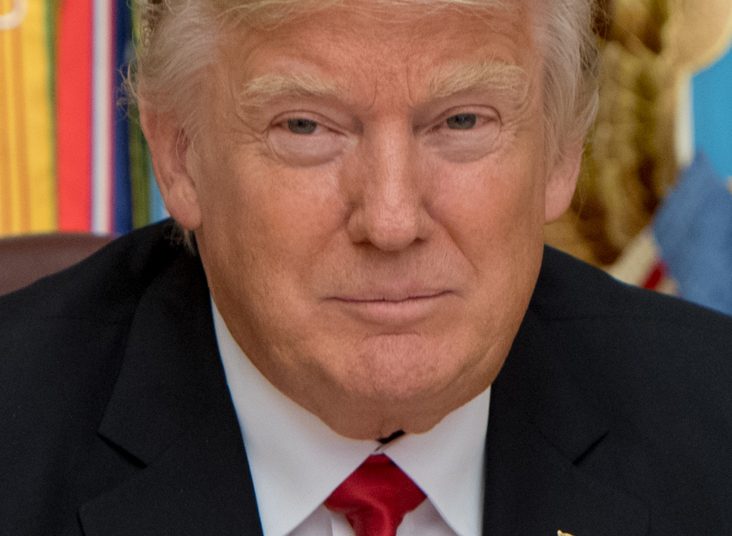Lately, social media timelines have been flooded with impassioned posts hailing President Donald Trump and the United States for suddenly “speaking up” about Nigeria’s security situation, which some have described as a “Christian genocide.” Isn’t it both curious and telling that, at a time when Nigeria is redefining her place in a changing world, the United States, led by President Trump, has suddenly found its voice on Nigeria’s internal security challenges? Many Nigerians, weary from years of violence, have welcomed this as genuine concern even calling it divine intervention. Yet a closer look reveals something more familiar: the return of America’s old habit of dressing geopolitical ambition in the language of compassion.
I find myself asking: have Nigerians become so forgetful of history, or so desperate for validation, that we cannot see through this familiar game of manipulation cloaked as concern?
Even more troubling is the dangerous narrative that anyone who questions Trump’s motives must be a closet sympathizer of terrorists or bandits who have ravaged our country for nearly two decades. But we must pause and ask: is this the same Trump, and the same United States of America? The same nation that once refused to sell arms to Nigeria when the insurgency could have been contained early, simply because we refused to bow to its demands on homosexuality?
It would be dangerously naive to think that the U.S. suddenly cares, or that Trump, of all people, has developed a passion for Nigerian Christians or for humanity. Talking about genocide, is there one more glaring today than the US-backed carnage in Gaza? Is it not ironic that America, which has failed to curb gun violence within its own borders, now seeks to lecture the world on morality and human rights?
History offers far too many lessons to ignore. America has a long tradition of masking its geopolitical ambitions with the language of humanitarian concern. To forget this is to misunderstand how global power truly operates, especially now that U.S. dominance is being challenged by emerging powers in a rapidly shifting world order.
Let’s be honest: Washington’s newfound “concern” for Nigeria has little to do with love for our people. It is more likely tied to a growing unease over Nigeria’s foreign policy direction and increasing assertiveness on the global stage.
First, Washington is clearly unsettled by Nigeria’s expanding relationship with China, which has recently been elevated to a comprehensive strategic partnership, with visible results in a short time. Despite the withdrawal of USAID funding and the imposition of trade restrictions, Nigeria has remained largely unbothered, choosing instead to deepen partnerships with Beijing and other BRICS-aligned nations.
Second, Nigeria’s refusal to accept convicted drug barons as “refugees,” and its calm response to America’s retaliatory visa policy reviews, have demonstrated a new spirit of sovereignty that Washington finds inconvenient.
Third, our gradual reduction in dependence on the U.S. for trade, especially in oil, gas, and agriculture, might be another factor. Nigeria’s shift toward diversified partnerships and fairer south-south cooperation represents a subtle but significant realignment of global alliances, one that does not sit comfortably with America’s historical posture of dominance.
Against this backdrop, all the current noise about a so-called “Christian genocide” begins to look less like compassion and more like coercion, a convenient excuse to pressure or bully the Nigerian government into “playing ball.” History has shown that when America cannot control, it condemns; when it cannot dominate, it destabilizes.
Yes, Nigeria faces grave internal security challenges, and our government must do far better in fulfilling its constitutional duty to protect lives and property. But we do not need moral lectures from a country whose record on justice, peace, and human rights is riddled with contradictions.
Let President Trump first secure American lives, confront the epidemic of gun violence ravaging his nation, and address the human tragedy his government continues to enable in Gaza. Only then can Washington claim the moral authority to speak to us about humanity, justice, or security.
Until then, Nigerians must remain discerning and resist the temptation to mistake interference for compassion. True sovereignty requires that we define our own path, not one dictated by the shifting whims of global superpowers.
Adeola Adelabu, a Communications Strategist at the Nigeria–China Strategic Partnership (NCSP) writes on governance, development communications, and international relations













